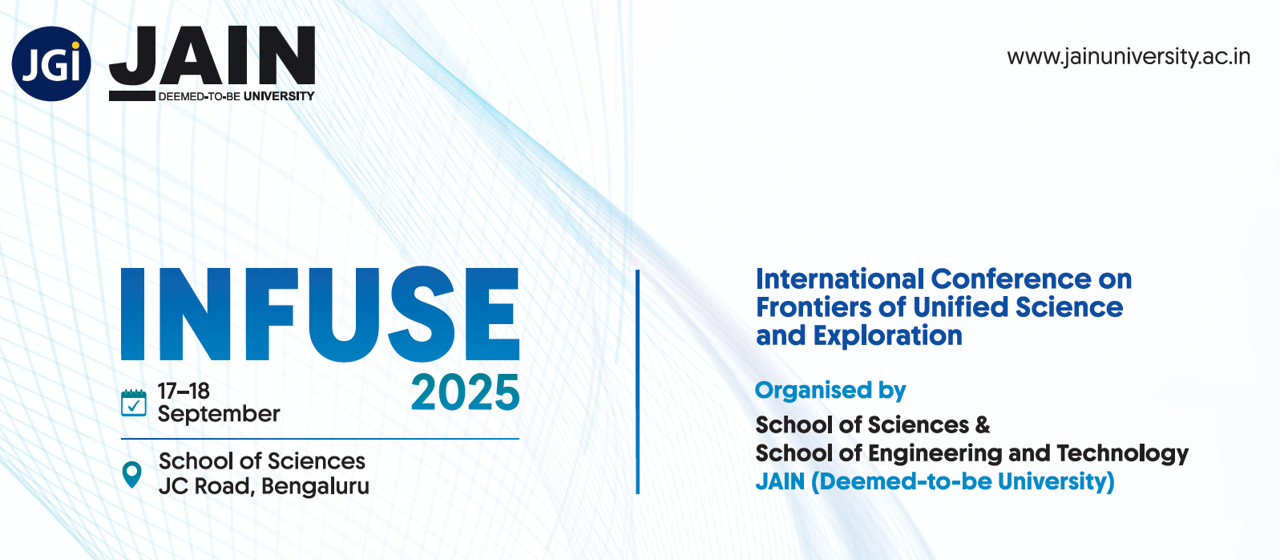Speakers
Description
Acute pancreatitis (AP) is an inflammatory disorder characterized by premature activation of pancreatic zymogens, leading to autodigestion, systemic inflammation, and in severe cases, multi-organ dysfunction syndrome (MODS). Current animal models, such as rodents and pigs, have significantly advanced our understanding of AP pathogenesis but are associated with high costs and methodological limitations. Zebrafish (Danio rerio), owing to their genetic similarity to humans, external fertilization, transparent embryonic development, high fecundity, and regenerative capacity, represent a promising alternative model for studying AP. Existing zebrafish studies primarily rely on cerulein, a cholecystokinin analogue, for AP induction; however, the high cost of cerulein limits its applicability in large-scale research.
This study aims to establish a novel, cost-effective, and reproducible method for inducing AP in zebrafish using ethanol and L-arginine hydrochloride as alternatives to cerulein. Adult zebrafish will be divided into control, AP-induced, and L-Arginine-induced. Induction will be performed via intraperitoneal injection, followed by monitoring physiological and regenerative aspects. Tissue and blood samples will be analyzed for biochemical and histological alterations, including zymogen granule activation, pancreatic enzyme activity, and regenerative markers. Techniques such as 2D gel MALDI, LCMS/MS, SDS-PAGE, trypsin activity assay, and amylase quantification will be employed.
The expected outcomes include validation of a zebrafish AP model that is cost-efficient and reproducible, identification of key enzyme and regenerative markers, and insights into pancreatic injury and recovery. This model may overcome the limitations of current AP animal studies and provide a versatile platform for translational research and drug discovery.
Keywords: Acute pancreatitis, Zebrafish, Zymogen granules, Ethanol, L-arginine, Regenerative markers

